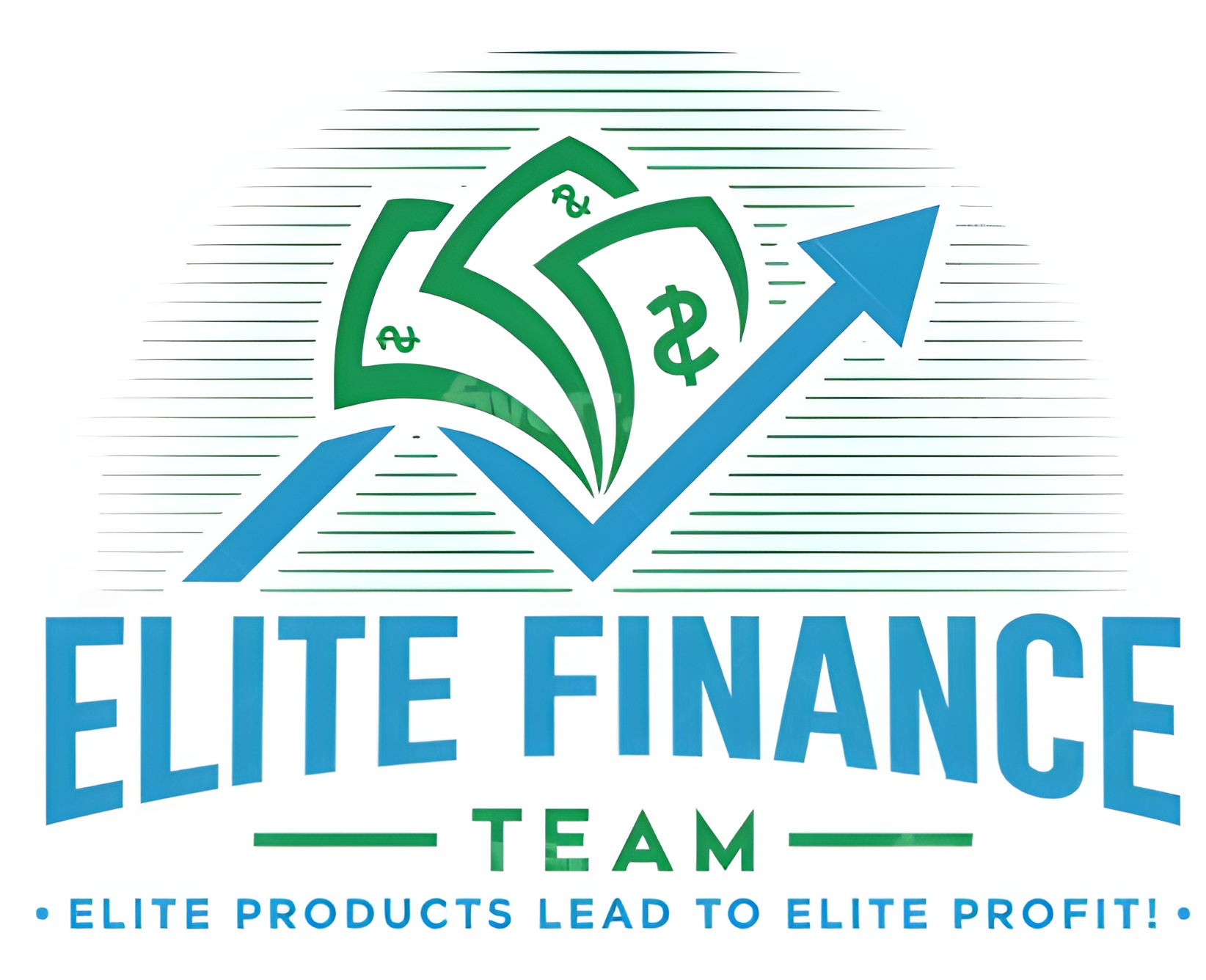How to Get SBA Loan to Buy Business: Is it Easy?
Buying a business takes more than just vision—it takes capital. The cost can feel overwhelming, making financing a crucial step. Without the right funding, opportunities slip away, leaving you stuck on the sidelines.
Securing an SBA loan sounds ideal, but the process can be tricky. Banks have strict requirements, paperwork stacks up, and delays are common. Understanding what lenders look for can make all the difference in getting approved.
We specialize in guiding business owners through financial hurdles, making loan approvals easier. Let’s simplify your SBA loan journey and get you one step closer to owning the business you’ve set your sights on.
Understanding SBA Loans for Business Acquisition
Buying a business is a big step, and financing it can feel overwhelming. An SBA loan can make this process smoother by offering favorable terms and lower down payments.
- Overview of SBA Loans
SBA loans help entrepreneurs buy existing businesses with manageable interest rates and longer repayment terms. Backed by the Small Business Administration, these loans reduce risks for lenders, making it easier to get approved.
To qualify, you need good credit, financial stability, and a solid plan for running the business. Lenders also consider the company’s profitability and cash flow. If the numbers make sense, an SBA loan can help turn your business ownership dreams into reality.
- Types of SBA Loans for Business Acquisition
The SBA 7(a) loan is the most common option. It covers up to $5 million and gives flexibility in how funds are used. From acquiring an existing business to covering operational costs, it’s a strong choice.
The SBA 504 loan provides larger funding for fixed assets like property or equipment but may not be ideal for general acquisitions. Other SBA programs, such as microloans, cater to smaller purchases or specific borrower groups.
Qualifications and Requirements for an SBA Loan
Not everyone qualifies for an SBA loan. Lenders look at credit history, debt levels, and whether the business itself meets SBA guidelines.
- Credit and Financial Requirements
A good credit score helps. While there’s no fixed minimum, most lenders prefer at least 680. A strong debt-to-income ratio also improves your chances.
Your financial history matters. Lenders want to see steady income, manageable debt, and enough cash flow in the business to cover loan payments.
- Business and Industry Eligibility
Not every business qualifies. Industries like gambling, real estate investment, and pyramid-style businesses often don’t meet SBA guidelines.
You’ll need to prove the business is for-profit, operates legally in the U.S., and has enough cash flow to support loan repayment.
- Documentation Needed for an SBA Loan
Get your paperwork in order. Lenders require personal financial statements, tax returns, and details on business revenue.
You’ll also need a valuation report showing the business’s worth and a solid plan explaining how you’ll manage and grow it.
Steps to Apply for an SBA Loan to Buy a Business
A well-organized approach makes the SBA loan process easier. Preparation is key.
- Preparing Your Loan Application
Start by collecting financial records—both personal and business-related. A strong business plan showcasing profitability increases approval chances.
Make sure financial projections are realistic. Lenders want to see that you have a solid plan for revenue and growth.
- Submitting Your Application
Double-check everything before submitting. Missing documents or unclear financials can slow approval.
Once submitted, expect reviews and follow-ups. The process can take weeks, but a complete and accurate application avoids unnecessary delays.
- Finding an SBA Approved Lender

Not all banks handle SBA loans. Working with SBA-preferred lenders speeds up the process since they already understand the program.
Compare different lenders. Some may be more willing to work with first-time buyers, while others specialize in certain industries.
Understanding SBA Loan Terms and Costs
SBA loans offer manageable terms, but it’s important to understand repayment and fees before moving forward.
- Loan Amounts and Repayment Terms
SBA loans can go up to $5 million, with repayment terms ranging from 10 to 25 years depending on the loan type.
Longer repayment terms mean lower monthly payments, making it easier to manage cash flow while growing the business.
- Interest Rates and Fees
SBA loan interest rates are usually tied to the prime rate, plus an additional percentage based on loan size and risk.
Fees may include guarantee fees, closing costs, and lender charges. These are important to consider when calculating overall loan expenses.
Tips for Improving SBA Loan Approval Chances
The stronger your financial position, the easier it is to secure a loan. Small improvements can make a big difference.
- Strengthening Your Financial Profile
Increase your credit score before applying. Pay down existing debt and avoid large financial moves right before submission.
A lower debt-to-income ratio shows lenders you’re financially stable and capable of handling monthly loan payments.
- Preparing a Strong Business Acquisition Plan
Valuation is key. The business must be worth what you’re paying, and you need to justify how it’ll succeed.
Lenders want to see detailed due diligence, strong financial projections, and a clear plan for generating revenue.
Alternative Financing Options If SBA Loan Is Not Approved
If an SBA loan isn’t an option, other funding sources can still help you buy a business.
- Other Government and Private Loan Programs
Traditional bank loans offer financing but may have stricter requirements. Alternative lenders provide more flexibility but at higher interest rates.
Some state and local programs provide funding, especially for small businesses in underserved communities.
- Seller Financing and Other Non-Traditional Options
Seller financing means the seller carries a portion of the loan, reducing the amount you need upfront.
Other funding sources include personal savings, investors, or using business assets as collateral.
FAQs About SBA Loans for Buying a Business
- How long does it take to get approved for an SBA loan?
It varies. If everything is in order, approval can take 30-90 days. Delays happen if paperwork is missing or additional reviews are needed.
- Do I need collateral for an SBA loan?
It varies. If everything is in order, approval can take 30-90 days. Delays happen if paperwork is missing or additional reviews are needed.
- What happens if I default on an SBA loan?
Defaulting can lead to legal action. The lender can seize pledged collateral, and if the loan was personally guaranteed, your personal assets may be at risk.
Seizing the Right Opportunity Without the Financial Headache
Playing it safe in business often means watching opportunities slip away. The right move isn’t just about finding the perfect deal—it’s about securing the right funding to make it happen. Without a smart financial approach, what seems like a golden opportunity could quickly turn into a costly mistake.
Understanding your financing options can turn a dream into a reality without unnecessary risk. A well-structured plan ensures you get the funding you need while keeping your financial health intact. The key is to find a path that safeguards your investment and positions your business for success.
At Elite Finance Team, we help business owners secure financing with structured, smart strategies. Let’s build a financial plan that sets you up for success—reach out today.

